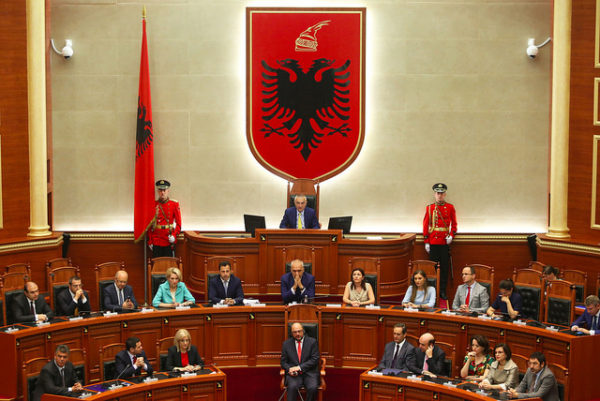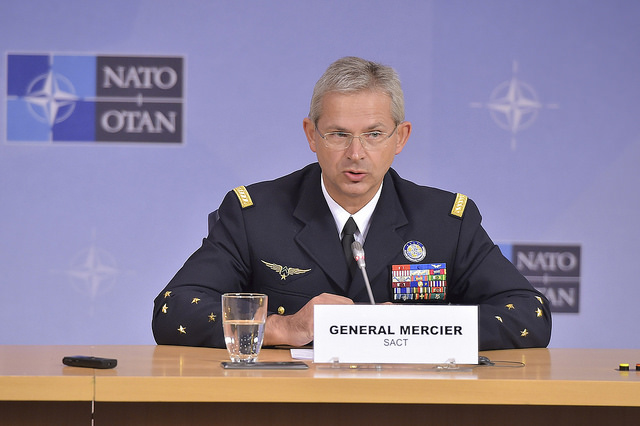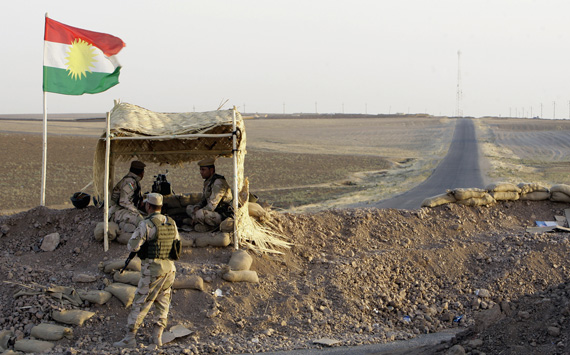Albania’s goal of full membership in the European Union remains a leading concern and a highly anticipated event for its citizens. The road towards integration has been hard and progress on the EU’s action items has ranged from incremental to nonexistent. Officially recognized in 2000 as a “potential candidate country”, Albania has continuously made efforts to mold its institutions closely to European standards.
In 2003, Albania signed the Stabilization and Association Process (SAP), along with five other Balkan countries. SAP is an agreement to a set of conditions for accession to the EU, and the significance of SAP served as EU’s ambition to soothe this problematic region through democratization and in time, integration. Albania under SAP, signed the Stabilization and Association Agreement (SAA) in 2006, which is a set of measures that requires: stability of institutions guaranteeing democracy, the rule of law, human rights and minority rights; a functioning market economy and the capacity to cope with the market forces of the EU; and the ability to take on obligations of membership and union. SAA entered into force in April 2009, and was the first step towards membership.
Albania’s accession into NATO on April 2009 explicitly defines steps toward European integration. NATO and Albania cooperate on a range of areas, with a particular emphasis on defence and security sector reform, as well as support for wider democratic and institutional reform. With the transition to biometric passports, as of December 15, 2010, Albania received visa liberalization, allowing its citizens to travel freely to Schengen Countries, for a maximum of 90 days within a 6 months’ period, starting from the date of first entry.
Albania submitted its formal application for EU membership in 2009. In 2010 the Commission assessed, in its Opinion on Albania’s application, that in order for accession negotiations to begin, Albania had to achieve a certain degree of compliance with the membership criteria, in particular, the 12 key priorities outlined in the Opinion. The 2012 report required Albania to complete key measures in the areas of judicial and public administration reform, and also revise parliamentary rules and procedures.
The 2013 parliamentary elections was a critical moment in Albania’s democratic development and its ongoing aspiration towards EU accession. The Office for Democratic Institutions and Human Rights (OSCE/ODIHR) assessed the electoral process for compliance with OSCE commitments, other international standards for democratic elections, as well as national legislation. The 32-page document outlined that the elections were peaceful, over 3 million people were on the voters list, and almost 2 million voters voted. This was a huge step toward progression, from the 2009 elections which did not meet required standards of transparency and a legitimate voting process.
The transition from the Democratic Party to the Socialist Party in power allowed Albania to make the necessary changes to receive candidate status for EU accession in June 2014. Recognition as a EU candidate country has a number of implications for Albania, and demonstrates the country’s progress, as Albania moves on to the next phase of the European integration process.
Albanian officials hope to have accession talks with the European Union by the end of 2016, once parliament fulfills the EU-mandated judicial reform. All things considered, the earliest Albania can become a full member of the EU is 2020.
Address to the Albanian Parliament. Picture by Martin Schulz via Flickr. © European Union 2015 – European Parliament (CC BY-NC-ND 2.0).
Disclaimer: Any views or opinions expressed in articles are solely those of the authors and do not necessarily represent the views of the NATO Association of Canada.




